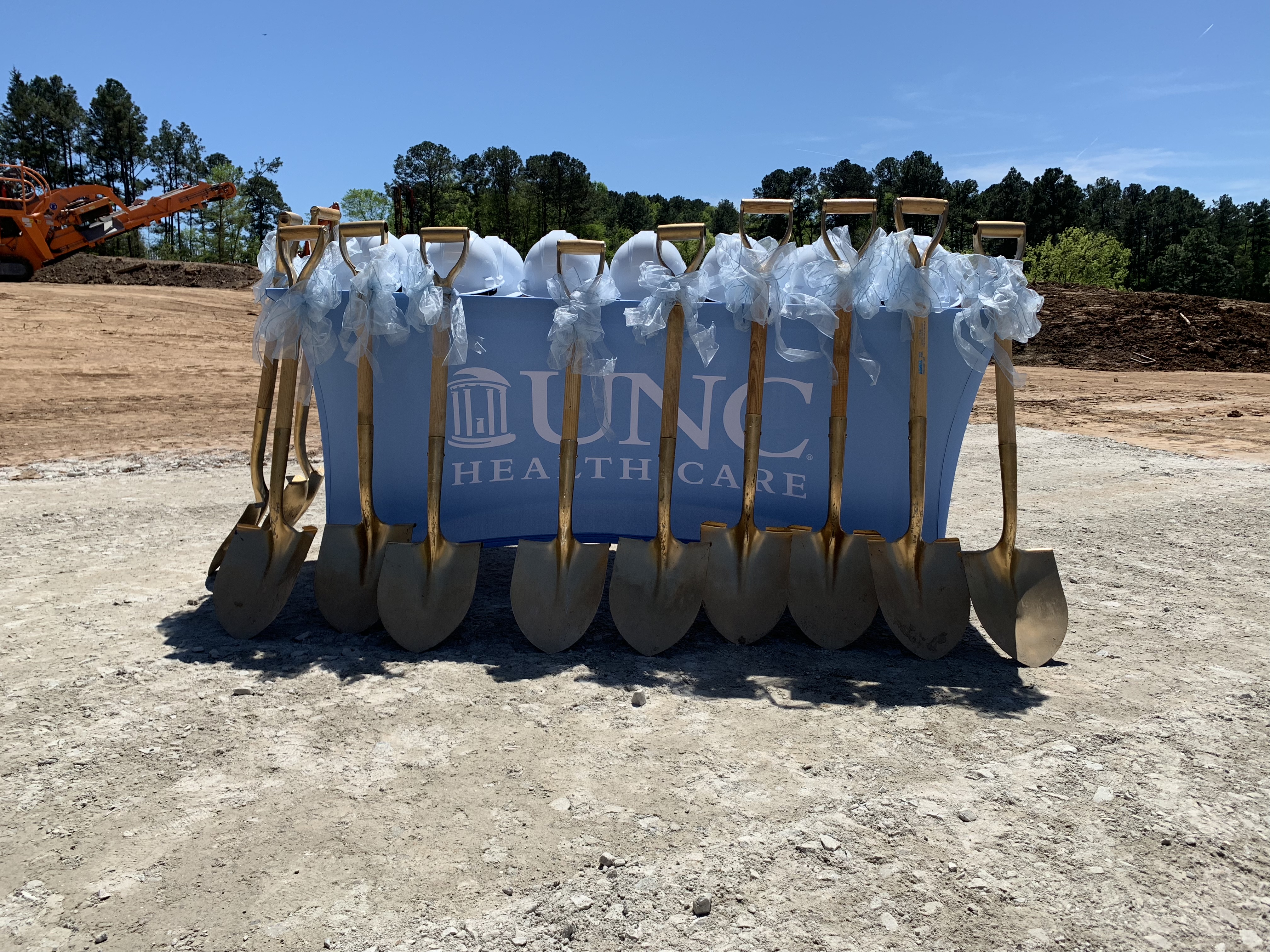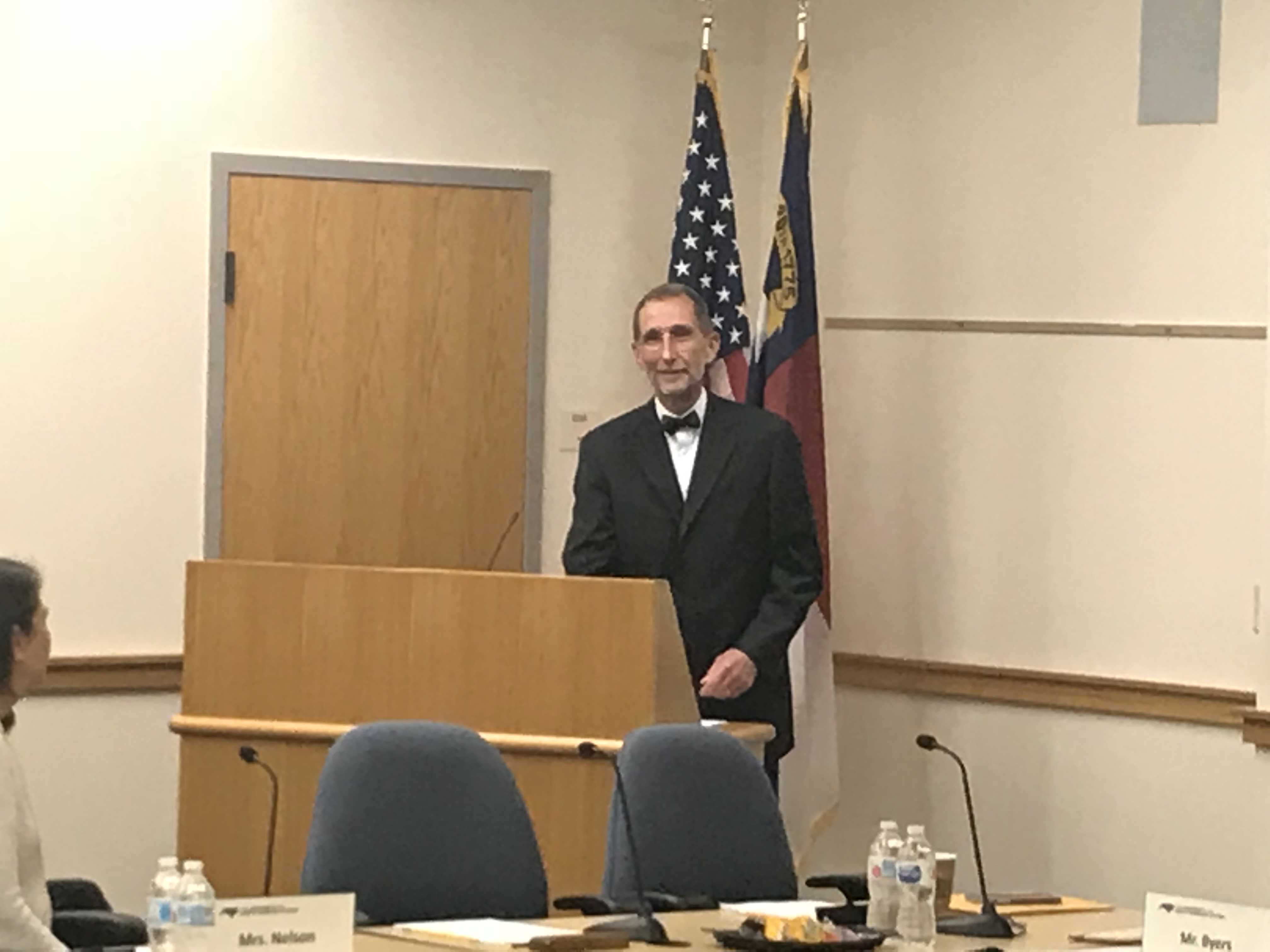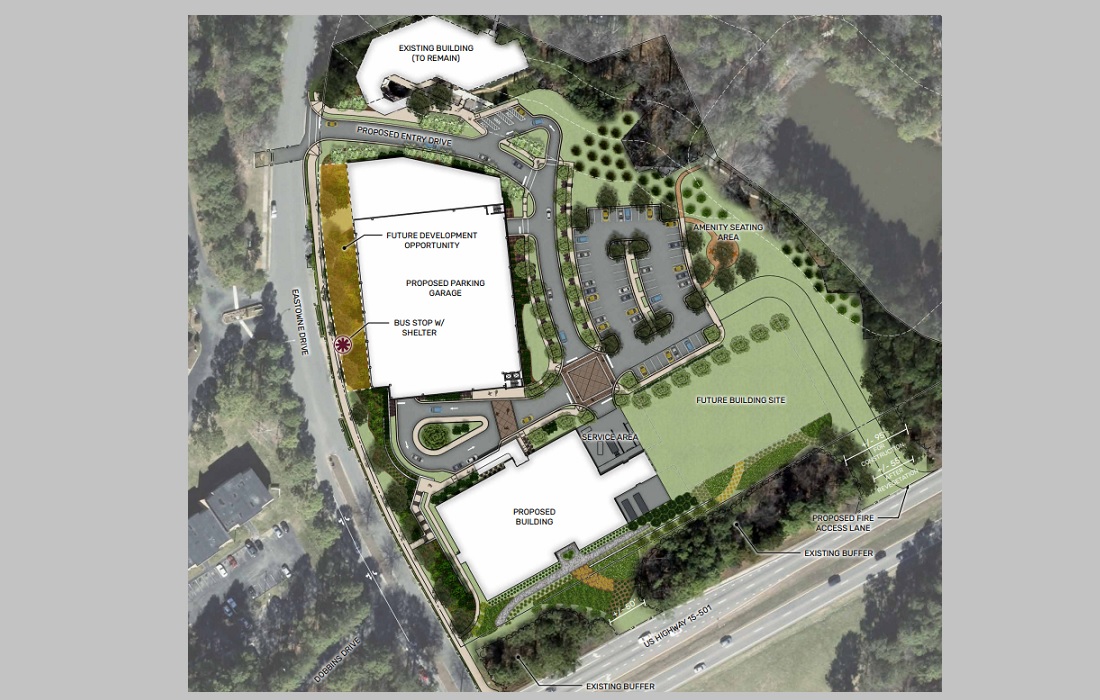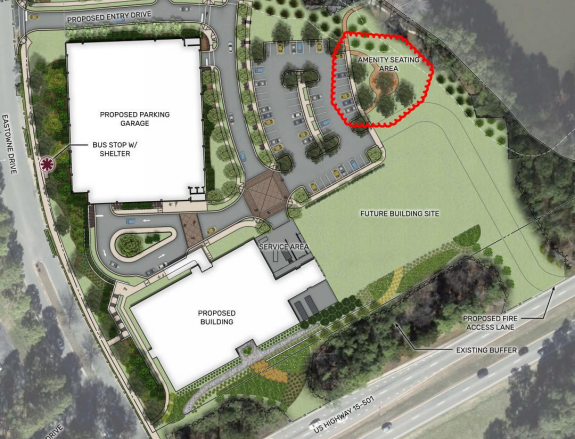The lack of details surrounding a new health care partnership in North Carolina seems to have brought more questions than answers so far.
It has been five months since leaders from UNC Health Care and Carolinas HealthCare announced intentions to form a new combined health care system.
But few details of the ongoing negotiations have become public in the months since that announcement this summer, and that has led to some noticeable frustration from some members of the UNC System Board of Governors. A subcommittee of that board has been formed to review any potential deal, but that subcommittee has met exclusively in closed session and has reportedly seen few details on progress being made on the negotiations.
During Friday’s meeting of the Board of Governors, questions were posed to state treasurer Dale Folwell, who was presenting to the board. Folwell said his department was interested and monitoring the situation to see the impact it could have on health care prices.
UNC System president Margaret Spellings also serves as a member of the UNC Health Care board. She said after Friday’s closed session discussion amongst the system board that there are still few answers to the questions being asked.
“What kind of effect this is going to have on prices, on tax payers, on health education, on research and on and on,” Spellings said. “And the short answer today is, ‘We don’t know yet.’”
But Spellings said she was pleased with the work being done so far.
“The discussion that we just had and the information that we were just presented about the national landscape is some of the healthiest, most informative, most constructive dialogue I’ve ever heard the Board of Governors in my two years here.”
Earlier last week, the state’s largest health insurer – Blue Cross and Blue Shield of North Carolina – came out against the proposal, citing studies that the insurer said would lead to increased health care costs thanks to the size of the potential new health care system and subsequent lack of competition. Spellings said last Wednesday that this new potential partnership would not fit the description of a monopoly because the competitiveness of the markets that the two systems currently operate in – with UNC Health Care focusing work in the Triangle, while Carolinas HealthCare reaches from Charlotte to the south.
The idea that “prices go up when there’s monopoly-type players,” Spellings said, “that’s just not the case in this deal.”
Spellings said that she felt this partnership would be good for health care for North Carolinians.
“Are there questions about how everything’s going to fit together and work and transitions and on and on,” Spellings said, “absolutely, and that’s what this process is all about. But, is there a rationale for this partnership? There is, absolutely.”
Among the remaining questions is which body – the Board of Governors or the Health Care board – has the ultimate authority to approve or reject any potential deal. Spellings said she didn’t see that as a potential stumbling block along the way.
“Both UNC Health and all parties there and this Board of Governors are concerned about the same things,” Spellings said. “And that is the quality and cost of delivery, the opportunities for research and the long-term viability of university and other public assets.”
Regardless of whichever board ultimately approves any potential deal, the proposal would also have to be signed off on by federal regulators.
Six members of the 28-member Board of Governors who were at Friday’s meeting recused themselves from this discussion due to various conflicts of interests. At least one member of the handful who were absent from Friday’s meeting has also recused himself from the discussion.
When the announcement of the work toward establishing a new system was made in August, officials said they hoped a deal could be in place by the end of 2017. But Board of Governors chair Lou Bissette said after Friday’s discussion that there is still no known timeline for a deal.
“It depends on the movement of the negotiation of the parties,” Bissette said. “And we’re not in control of that.”






